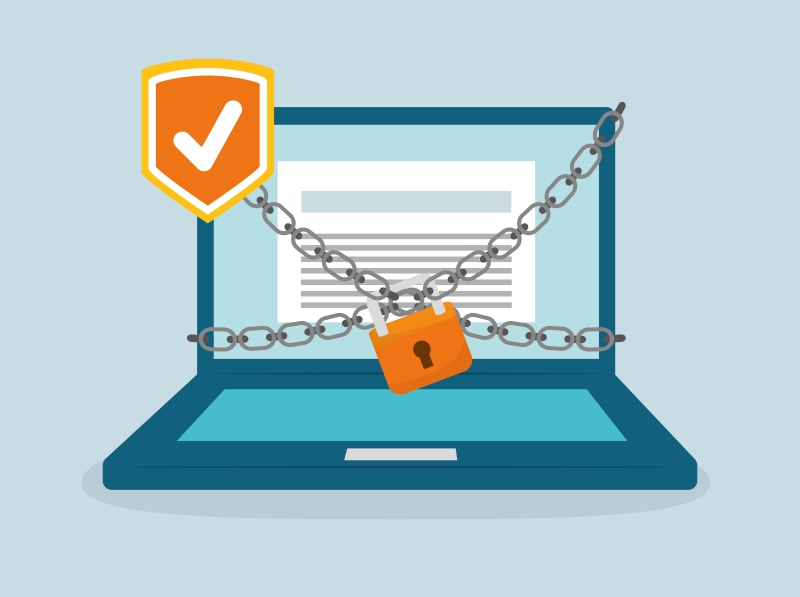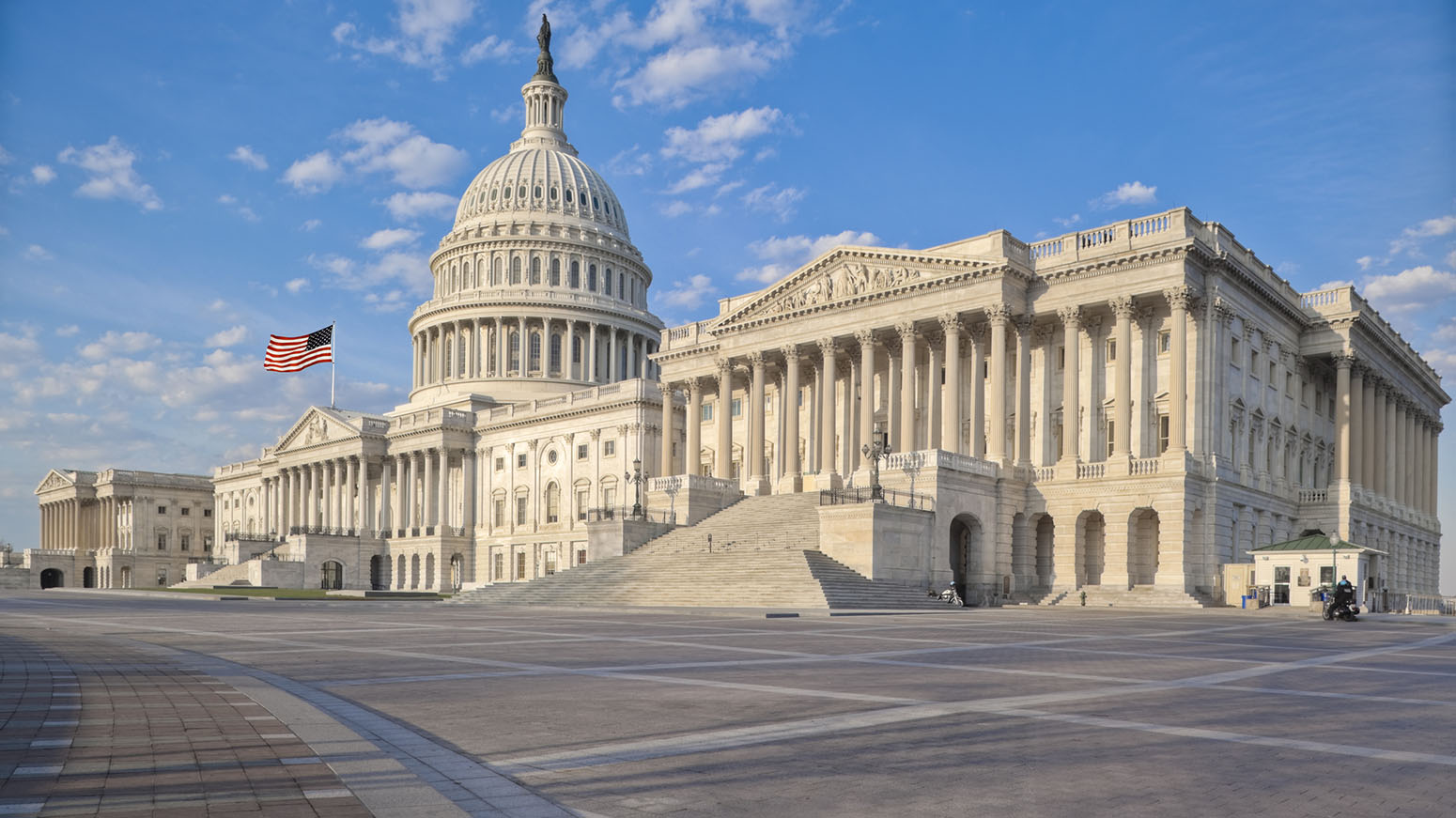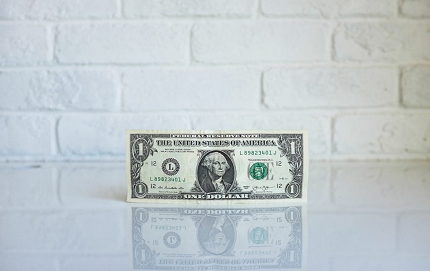What data about you is most important?
The data that identity thieves are after – social security, credit card, and bank account numbers – is important, as well as more basic data which is being collected by companies whose devices you use every day.
Geoffrey Fowler of The Washington Post recently reported what happens on smartphones doesn’t stay on smartphones, despite advertisements suggesting otherwise. He wrote:1
“Even though the screen is off and I’m snoring, apps are beaming out lots of information about me to companies I’ve never heard of…On a recent Monday night, a dozen marketing companies, research firms, and other personal data guzzlers got reports from my [smartphone].”
And, they used his wireless service to do it!
Over the course of a month, one expert estimated trackers would have sent 1.5 gigabytes of data – including Fowler’s email address, phone number, IP address, and location, among other things – from his phone to various companies.2
Here’s some more bad news: Your credit cards may be bigger gossips than you imagined.
When Fowler attempted to track data collected by credit card companies, it was akin to talking with teenagers about their plans for the evening. His personal credit card data was going out, but no one could say where it was going, why it was going there, or what would happen to it.2
The data collected from devices and credit card purchases is aggregated and commonly known as ‘Big Data.’ In some cases, data is anonymous. In others, it is used to learn more about a specific individual. Data also is collected through social media.3
Big Data is stored in computer databases and analyzed to “…increase the speed at which products get to market, to reduce the amount of time and resources required to gain market adoption, target audiences, and to ensure that customers remain satisfied.”3
In other words, Big Data is really valuable. Some researchers have explored whether individuals should own and control personal data. That way, you would have the right to decide whether to sell it or keep it private.4
The Council on Foreign Relations reported most western nations have laws in place to protect citizens from having data collected and used without their knowledge. The United States is an exception. It “lacks a single, comprehensive federal law that regulates the collection and use of personal information.”5
Until laws change, there are apps available that can help you block data collection – and they promise not to collect your data.6
Most Popular Financial Stories
How several boys learned that the holiday season is a time for giving, not getting
We recently came across a story that, to us, is a perfect example of what this holiday season is really all about. We thought you might like to read it, too.As you know,...
What’s the Best Gift this Holiday Season?
You’ve probably never asked your adult children and younger relatives whether they have security software on their computers and devices. Why would you? They’re...
Understanding Credit Reporting
Historically low interest rates present a welcome opportunity for many homeowners to improve their financial situation by refinancing their mortgage. But, like...
A preview of the SECURE Act
A preview of the SECURE Act, a new retirement bill out of the House of Representatives. Earlier this year, the House of Representatives passed a new bill called...
Thanksgiving 2019
Happy Thanksgiving! We hope you have a wonderful day spent with family, friends, and great food. As you know, Thanksgiving is a time for reflecting on all that...
Will There Be A Recession?
The simple answer is probably. Historically, the American economy has grown in fits and starts, otherwise known as recessions and expansions. As a result, it is...
Sources:
1 https://www.washingtonpost.com/technology/2019/05/28/its-middle-night-do-you-know-who-your-iphone-is-talking/
2 https://www.washingtonpost.com/technology/2019/08/26/spy-your-wallet-credit-cards-have-privacy-problem/?wpisrc=nl_most&wpmm=1
3 https://www.investopedia.com/terms/b/big-data.asp
4 https://www.sciencedirect.com/science/article/pii/S0267364918300487
5 https://www.cfr.org/report/reforming-us-approach-data-protection
6 https://www.pcworld.com/article/3336494/disconnect-premium-vpn-review.html





